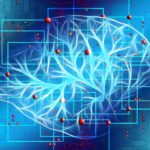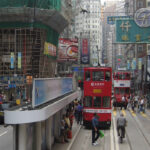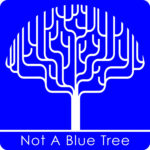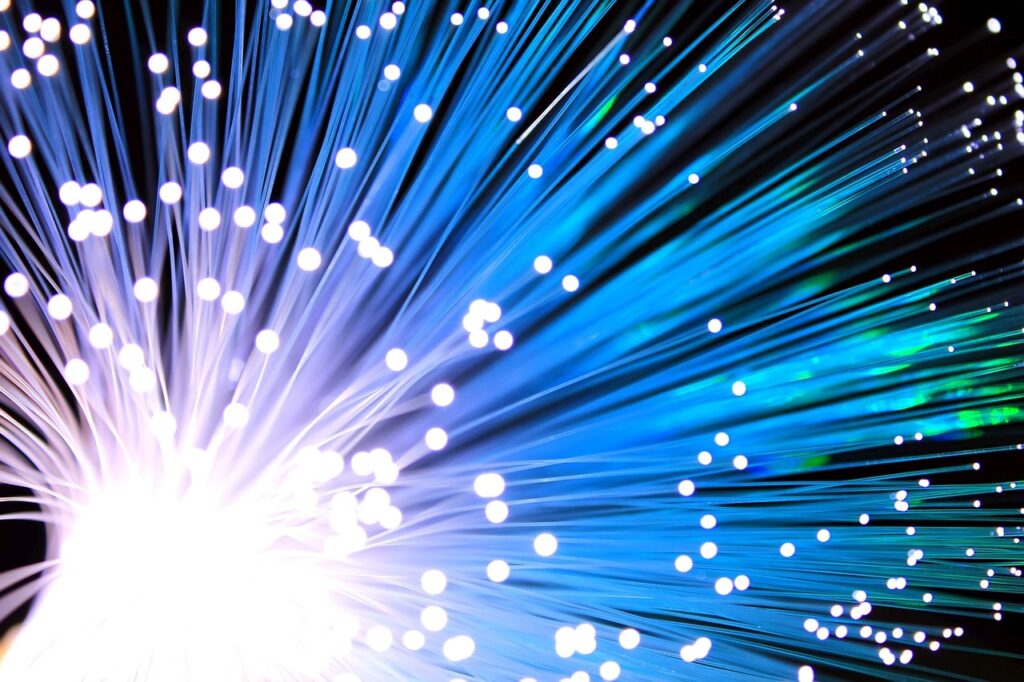People often ask me what NLP is. I tell them that NLP is the study of the structure of our subjective experience. Unsurprisingly, I frequently get some very blank looks. We all experience the world in different ways, even when our experiences are objectively the same. Additionally, we process and store information about our world differently. Furthermore, we take different steps when approaching what are essentially the same tasks. If we understand our own unique experiences, how we process and store them, and what steps we take to do what we do that we can make changes. So just imagine where NLP can lead you.
 NLP looks at the mind and nervous system. This is where we process our experiences and how we represent the outside world to ourselves through our five senses.
NLP looks at the mind and nervous system. This is where we process our experiences and how we represent the outside world to ourselves through our five senses.
It explores language and how we use it. This includes language and other non-verbal communication systems. It is through these that we code, order and give meaning to our internal representations of the world we experience.
Finally, the “programming” looks at the processes we follow, the sequence in which we do things, to achieve our goals. If we understand how we form and access these processes, we can reinforce the processes that lead to success. More importantly, we can change the ones that lead to less successful outcomes.
Importantly, NLP is not a single theory or model. It brings together a range of processes, techniques and language models. The link between neurology, language and process does, though, underpin all of them.
 So just imagine for a moment that you are walking along a street, any street in any town or city. You are being bombarded with sensory information. In no particular order, you are seeing the people and the traffic, the shops and restaurants, the street furniture, benches, traffic lights, street lamps and so on.
So just imagine for a moment that you are walking along a street, any street in any town or city. You are being bombarded with sensory information. In no particular order, you are seeing the people and the traffic, the shops and restaurants, the street furniture, benches, traffic lights, street lamps and so on.
You can hear the traffic, the noise the people are making, the sound of a passing ambulance. Further to this, you can smell the traffic, perhaps food being cooked, maybe the scent of a passing person. You may be eating or drinking as you walk along, perhaps a coffee to go, and you will be experiencing the tastes of your food or drink.
Additionally, you can perhaps feel the uneven pavement beneath your feet, your clothes against your skin. Internally, you may be feeling relaxed and happy, on your way to meet friends. Alternatively, perhaps you are stressed as you are running late.
All of this is going on and your senses are processing all of this, some of this consciously and most of it unconsciously. Where your focus lies is unique to you, and this is your subjective experience. Your past experiences, your purpose now and what you’ll be doing next will affect how you react to all that is going on around you.
If you are a city dweller, the cacophony around you will seem normal. Conversely, if you are a country dweller who rarely visits the city, you can feel overwhelmed. This will be how you are coding all that is going on – what matters to you and your unique take on all that is happening. And finally, your combination of past and current experiences will determine how you react to your situation and what you do, your programming.
If this is where you live and you are off to work, your actions will be different from what you would do if this was a new city and you were on holiday. And you may want to change your reactions, shifting perhaps from negative to more positive outcomes, breaking free from past experiences and creating a new future. And this combination of sensory input, processing and action is happening to us all of the time.
 NLP firstly gives us the tools to understand how we experience the world. Secondly, it gives us explanations and understanding of how we process, store, and recall our experiences. Thirdly, it gives us techniques to challenge our experiences, our decisions, our actions, and our current model of the world. Additionally, it shows us how to analyse and understand the processes we follow to do what we do. Finally it provides us with tools to change our thinking, change our behaviour and change our world.
NLP firstly gives us the tools to understand how we experience the world. Secondly, it gives us explanations and understanding of how we process, store, and recall our experiences. Thirdly, it gives us techniques to challenge our experiences, our decisions, our actions, and our current model of the world. Additionally, it shows us how to analyse and understand the processes we follow to do what we do. Finally it provides us with tools to change our thinking, change our behaviour and change our world.
 And, if we can understand how this all works, and master the process and techniques which allow us to analyse it all and change what gives us outcomes which are different from the outcomes we actually want, we can move from where we are now into a new model of the world with greater choice, more opportunities, and outcomes which are what we actually want.
And, if we can understand how this all works, and master the process and techniques which allow us to analyse it all and change what gives us outcomes which are different from the outcomes we actually want, we can move from where we are now into a new model of the world with greater choice, more opportunities, and outcomes which are what we actually want.
I therefore challenge you to think right now about the difference it makes as you understand where you are now and what you are doing, and what you do to move from the reality of your now into a new model of your world. If you can take the next step, take it now. If you’re not sure, book an initial consultation here, and then take the next step. You know that you can do it and you know that it makes sense, don’t you?

